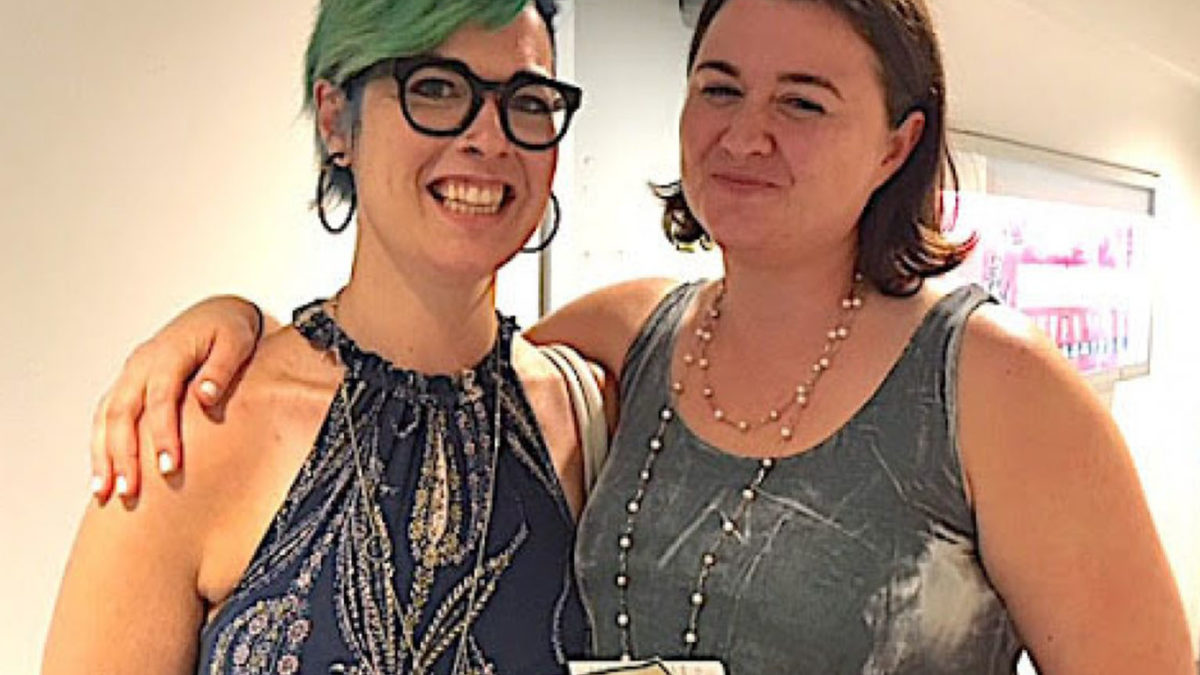The Homebound Project: Helping Hungry Kids
Published on June 10, 2020Raising money to help feed children affected by COVID-19

Raising money to help feed children affected by COVID-19
When theater went dark amid the pandemic, playwright and Carolina alumna Catya McMullen ’11 grew restless thinking about all the people fighting the devastating effects of COVID-19. Like many other artists, she was struggling to figure out how to help a hurting world while responsibly sheltering at home.
She wondered: Was there a way to activate this creative community to make a difference? McMullen and her friend, director Jenna Worsham, created the Homebound ProjectOpens in new window, which features new online works by homebound playwrights, performed and recorded by sheltering actors.
Proceeds from ticket sales to the performances benefit No Kid Hungry, a national organization that works to end childhood hunger. Prior to COVID-19, the organization estimated that 11 million children were living in “food insecure” homes; post-pandemic, 18 million could face hunger this year.
McMullen, who grew up in New York City but is now based in Los Angeles,wrote a piece for the first edition of performances for actress Amanda Seyfried. “It’s about feeding kids, but it’s also about bringing comfort into people’s homes. Without us being physically together, if theater is a communal prayer, how do we try to get to something that’s closer to that experience?”


